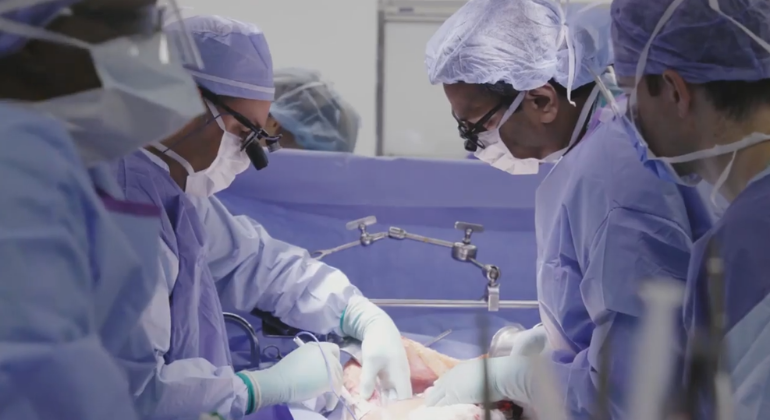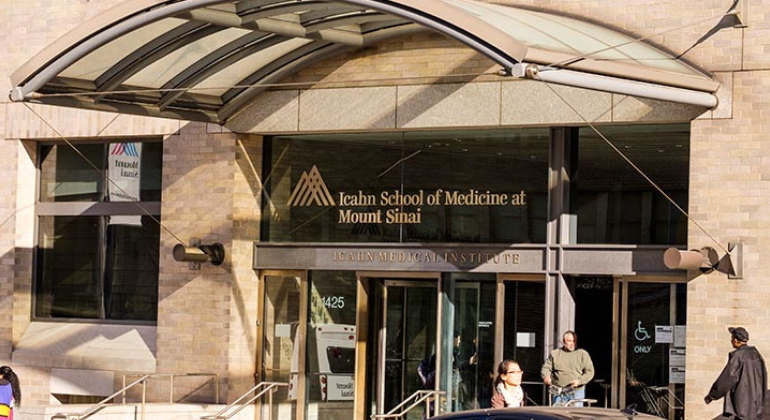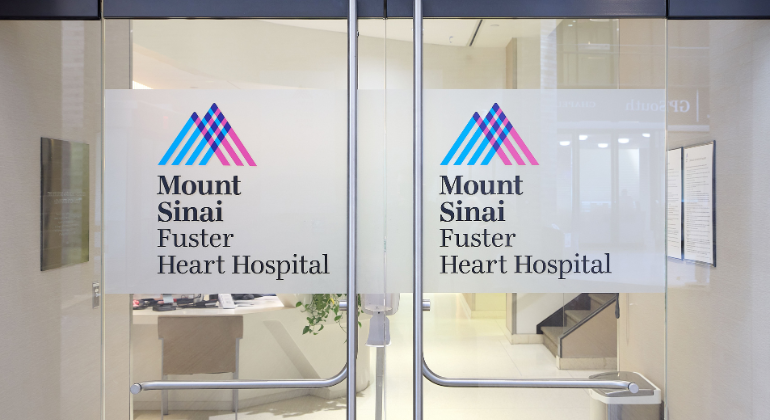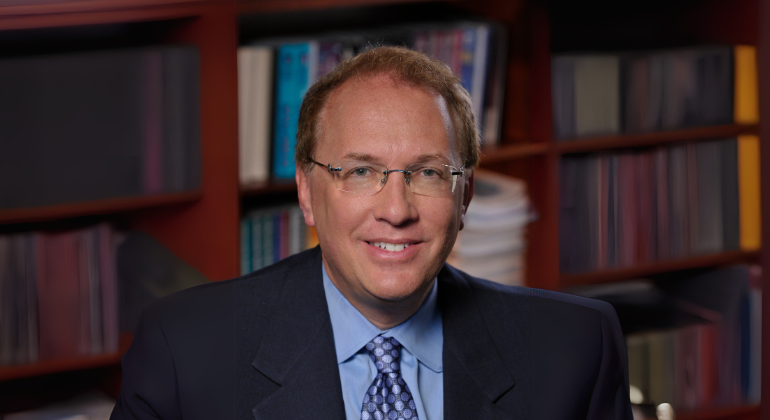AMA’s Position on Coverage Expansion Was Inconsistent with the Views of Most Physicians
Researchers at Mount Sinai School of Medicine have found that most physicians do not support the American Medical Association’s position on healthcare reform.
Researchers at Mount Sinai School of Medicine have found that the majority of physicians and members of the American Medical Association (AMA) opposed the AMA’s position on coverage expansions--the most contentious issue in the recent health care reform debate. The data are published in a letter in the June 9th issue of the New England Journal of Medicine.
In the 2009 health care reform debate, the AMA opposed Medicare expansions and proposed coverage of the uninsured primarily through private means. The researchers found that only 12.5 percent of all physicians and 14.2 percent of AMA members who participated in the survey supported the AMA’s position on insurance coverage expansions. Salomeh Keyhani, MD, MPH, Assistant Professor of Health Policy, and Alex Federman, MD, MPH, Assistant Professor, Medicine, Mount Sinai School of Medicine, co-authored the study.
"Our survey indicates that most physicians and AMA members oppose the AMA’s views on coverage expansions," said Dr. Keyhani. "The AMA is a highly visible organization that is presumed by many to represent physicians’ opinions on various issues. However, there appears to be a discrepancy between the AMA’s platform, the beliefs of its members and the views of physicians nationwide."
Mount Sinai researchers used the AMA Physician Masterfile to survey 5,157 physicians. The researchers secured a 43.2 percent response rate. There were no significant differences in response based on specialty, practice type, or geography. Physicians that were most supportive of the AMA’s position were doctors of osteopathy (16.5 percent), physicians whose income was based on billing (16.1 percent), and physicians in rural areas (16 percent). The lowest level of support came from female physicians, with only 7.9 percent supporting the AMA’s platform. Physicians who back the AMA’s position were more likely to be younger, male practice owners in nonmedical or nonsurgical specialties such as anesthesiology, pathology, or radiology, fields that typically involve less patient interaction.
Respondents to the survey were asked to indicate their support on key issues, including the public option, expansion of health insurance through private means, and support for a proposal that would allow adults 55- to 64-years-old to buy into Medicare. Physicians were considered to be in support of the AMA’s position if they agreed with private expansions only and opposed the expansion of Medicare.
About The Mount Sinai Medical Center
The Mount Sinai Medical Center encompasses both The Mount Sinai Hospital and Mount Sinai School of Medicine. Established in 1968, Mount Sinai School of Medicine is one of few medical schools embedded in a hospital in the United States. It has more than 3,400 faculty in 32 departments and 15 institutes, and ranks among the top 20 medical schools both in National Institute of Health funding and by U.S. News & World Report. The school received the 2009 Spencer Foreman Award for Outstanding Community Service from the Association of American Medical Colleges.
The Mount Sinai Hospital, founded in 1852, is a 1,171-bed tertiary- and quaternary-care teaching facility and one of the nation’s oldest, largest and most-respected voluntary hospitals. In 2009, U.S. News & World Report ranked The Mount Sinai Hospital among the nation’s top 20 hospitals based on reputation, patient safety, and other patient-care factors. Nearly 60,000 people were treated at Mount Sinai as inpatients last year, and approximately 530,000 outpatient visits took place.
For more information, visit www.mountsinai.org.
About the Mount Sinai Health System
Mount Sinai Health System is one of the largest academic medical systems in the New York metro area, with 48,000 employees working across seven hospitals, more than 400 outpatient practices, more than 600 research and clinical labs, a school of nursing, and a leading school of medicine and graduate education. Mount Sinai advances health for all people, everywhere, by taking on the most complex health care challenges of our time—discovering and applying new scientific learning and knowledge; developing safer, more effective treatments; educating the next generation of medical leaders and innovators; and supporting local communities by delivering high-quality care to all who need it.
Through the integration of its hospitals, labs, and schools, Mount Sinai offers comprehensive health care solutions from birth through geriatrics, leveraging innovative approaches such as artificial intelligence and informatics while keeping patients’ medical and emotional needs at the center of all treatment. The Health System includes approximately 9,000 primary and specialty care physicians and 11 free-standing joint-venture centers throughout the five boroughs of New York City, Westchester, Long Island, and Florida. Hospitals within the System are consistently ranked by Newsweek’s® “The World’s Best Smart Hospitals, Best in State Hospitals, World Best Hospitals and Best Specialty Hospitals” and by U.S. News & World Report's® “Best Hospitals” and “Best Children’s Hospitals.” The Mount Sinai Hospital is on the U.S. News & World Report® “Best Hospitals” Honor Roll for 2024-2025.
For more information, visit https://www.mountsinai.org or find Mount Sinai on Facebook, Instagram, LinkedIn, X, and YouTube.

Mount Sinai Establishes Steven S. Elbaum Family Center for Caregiving
May 20, 2025 View All Press Releases
Mount Sinai Surgeons Perform First Heart-Liver-Kidney Transplants in New York State
May 20, 2025 View All Press Releases
Mount Sinai Launches AI Small Molecule Drug Discovery Center
Apr 02, 2025 View All Press Releases





